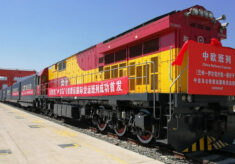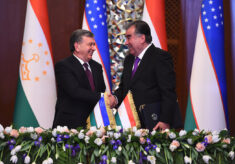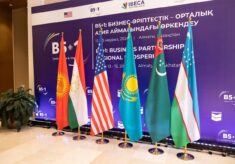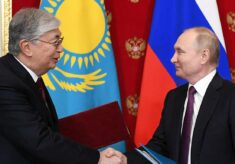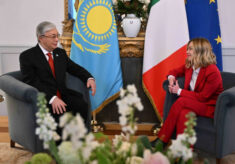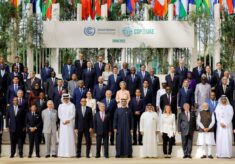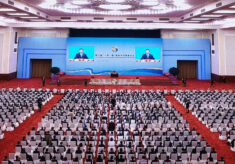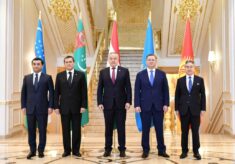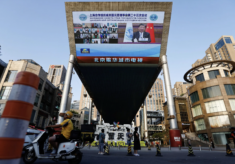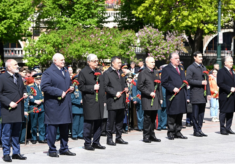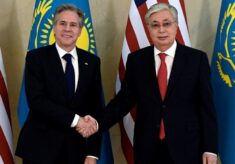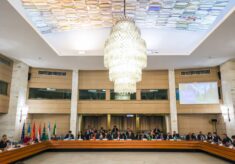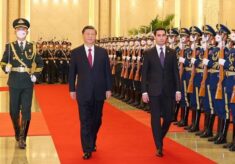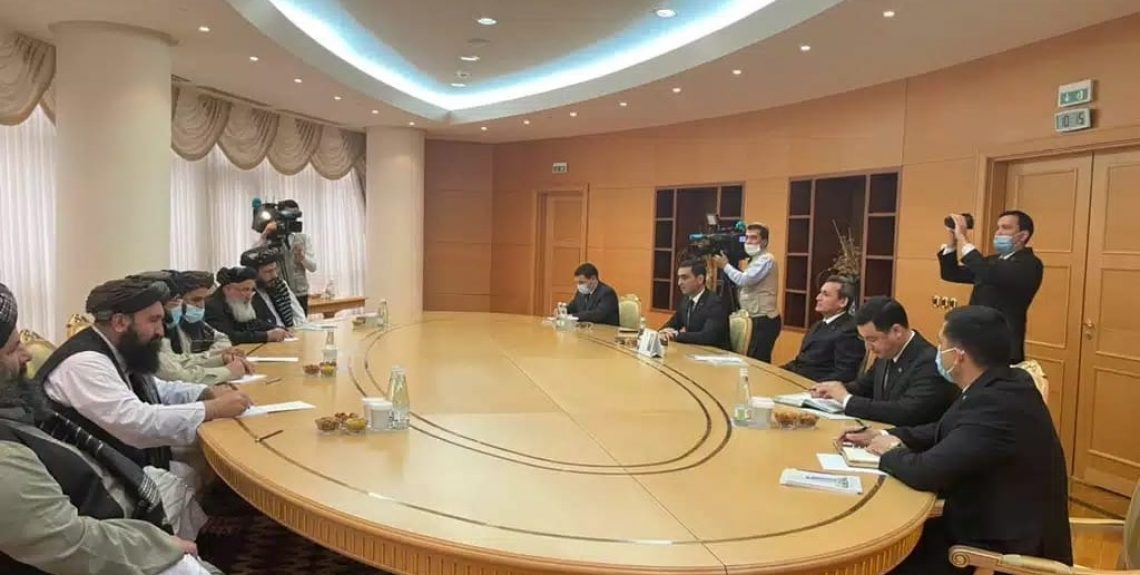The official visit of the Afghan Taliban’s delegation in Turkmenistan on February 6 reflects the new security and foreign policy’s approaches of Central Asian republics aimed at including Taliban (and Afghanistan) in a wider and profitable framework of cooperation.
During the talks, Taliban reassured Turkmenistan about the intention to offer “full support for the realization and security of the Turkmenistan-Afghanistan-Pakistan-India (TAPI) natural-gas pipeline and other infrastructure projects” (namely the power line, and the railway connection among these two countries) “which will contribute to the achievement of peace and economic development in Afghanistan” (Ministry of Foreign Affairs of Turkmenistan, The Meeting with the Delegation of Political Office of Taliban Movement was held in the MFA of Turkmenistan, February 6, 2021, https://www.mfa.gov.tm/en/news/2470).
In the current scenario, the construction of TAPI project is a priority for Turkmenistan, in order to deliver its energy exports to markets other than China: if the Talibans will provide security along this route, most of the concerns about security of supply will be muted, also attracting international investors to finance this expensive project ($10 billion of estimated costs).
The achievement of a power-transmission line appears also important for Ashgabat, increasing Turkmen electricity exports to Afghanistan and Pakistan (TAP Project) as well as diversifying a national economy mainly based on hydrocarbon exports: on the 14th of January was inaugurated the first part of TAP, the Karki ― Andkhoy ― Pul-e-Khomri power-transmission project.
Furthermore, the Turkmenistan-Taliban dialogue is also focussed on the protection of the railway routes crossing Eurasia within the Lapis Lazuli intermodal corridor, aimed at delivering goods from East to West crossing Turkmenistan and then the Caspian Sea before reaching Caucasus and the EU markets. This project appears profitable for Afghanistan, opening new trade corridors and reducing the dependence on Pakistani routes, but also for Turkmenistan in its role of transit country: the Turkmen government financially supported Afghanistan to realize the Akina–Andkhoy railway on Afghan territory, a key segment of the Lapis Lazuli corridor (Turkmenistan and Afghanistan launch Akina-Andkhoy railway and Kerki-Shibergan power line, Central Asia News, January 14, 2021).
One of the main issues will be to evaluate the concrete Talibans protection of infrastructures: they made a similar promise in 2016 without fulfilling it, because power transmission infrastructures were targets of their military campaign against Kabul’s government. At present Turkmenistan (and other Central Asian republics) does not perceive the Taliban any more as a threat to borders and domestic political stability but instead as a more reliable political partner to achieve stability in Afghanistan and in the region, a necessary precondition to implement energy and infrastructural projects aimed at promoting regional cooperation.
Among Afghanistan’s bordering countries, also Uzbekistan had talks with Taliban in 2018, with the same goal to involve Afghanistan in a wider Central Asian cooperation framework: however, this geopolitical trend has been positively influenced following the US-Taliban “Agreement for Bringing Peace to Afghanistan”, where the Talibans expressed their engagement to fight against terrorist group such as Daesh and Al-Qaeda.
